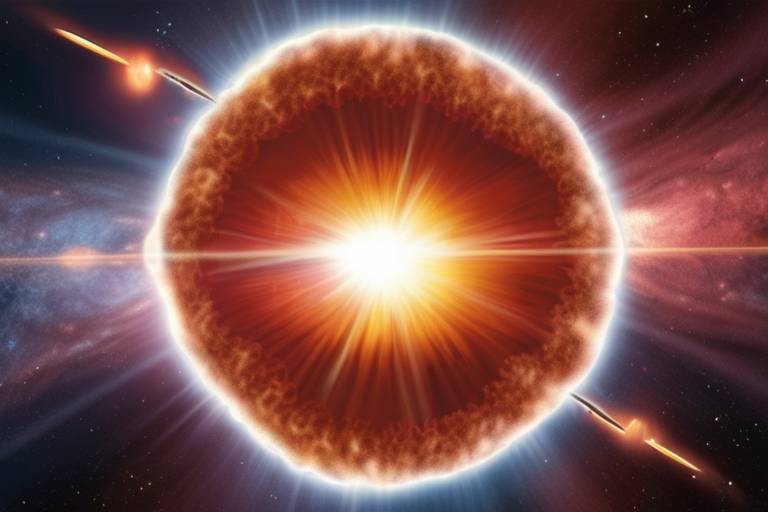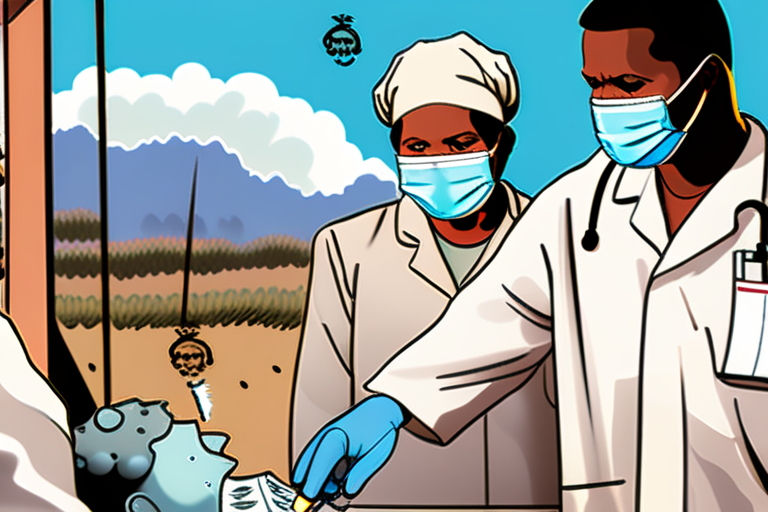New Evidence Suggests Ancient Supernova Collision Sent Cosmic Rays Hurtling Towards Earth 10 Million Years Ago


Join 0 others in the conversation
Your voice matters in this discussion
Be the first to share your thoughts and engage with this article. Your perspective matters!
Discover articles from our community

 Hoppi
Hoppi

 Hoppi
Hoppi

 Hoppi
Hoppi

 Hoppi
Hoppi

 Hoppi
Hoppi
 Hoppi
Hoppi

Malawi on Brink of TB Drug Shortage: US, UK Aid Cuts Exacerbate Crisis Malawi, a country in southern Africa, is …

Hoppi

AMPERS&ONE to Open for P1Harmony on U.S. Tour SEOUL, South Korea - AMPERS&ONE, a rising K-pop boy band, will serve …

Hoppi

Google Improves Gemini AI Image Editing with "Nano Banana" Model Google DeepMind has made significant strides in its Gemini AI …

Hoppi

** 📋 EXECUTIVE BRIEF ** OpenAI's warning to investors against unauthorized exposure to its equity signals a significant shift in …

Hoppi

Coinbase Hack: Suspect Kept Customer Data on Phone, Court Filing Alleges The personal data of over 10,000 Coinbase customers was …

Hoppi
UN Suspects All Sides in DR Congo Conflict Guilty of War Crimes GENEVA (AP) — United Nations investigators have determined …

Hoppi